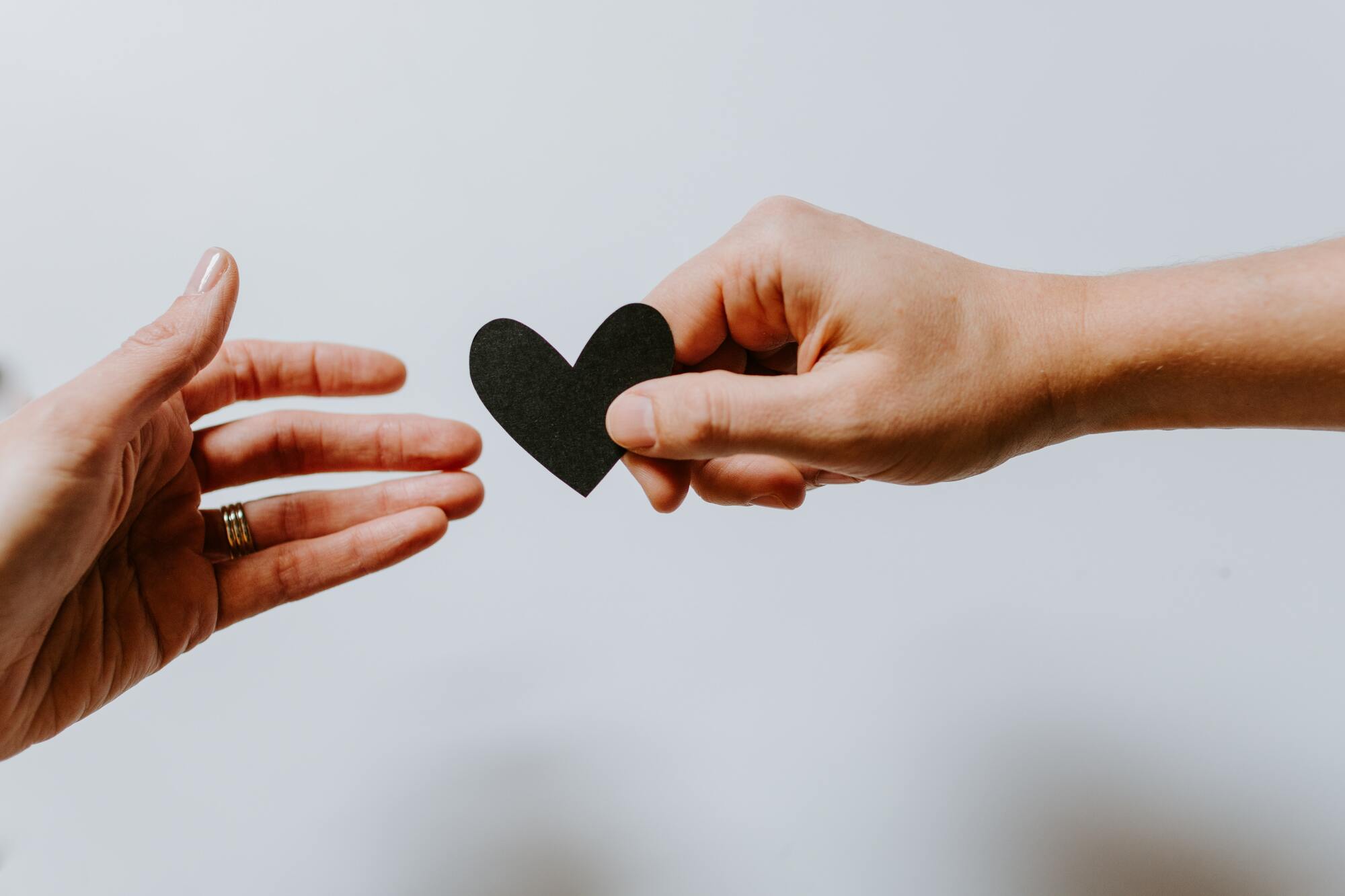Calling a therapist for the first time
Alexandra Verreault
Steps to go through before starting a psychotherapy may be very mysterious. In my previous posts, I offered you some food for thought regarding the right time to see a therapist, and how to choose them. Now it’s time to demystify the first call…
To my knowledge, a lot of people have sweaty palms, at the very least, the first time they call a therapist to make an appointment. They are afraid of the unknown, that it's pointless, that someone will answer on the first ring, that nobody will answer, that they’ll stammer, that they won't be understood... There are a lot of reasons to be afraid. Many doubts, too. Am I really ready? Do I really need to do this? And lurking behind all this, is a desire, a hope. What if this actually does help me? What if it makes me feel better?
How can such a seemingly simple call cause so many emotions?
In the end, everyone finds their own answer to this question. After all, the way we react depends on our history, our past or current experiences, or our personality. That being said, there really is something important going on within this first call. Something that can, at least partially, explain all the emotions it can cause.
Because apart from what is personal to each of us, there is one thing that all these calls have in common: they are the first concrete manifestation of a commitment to making a change. Before making the call, your commitment wasn’t fully formed. It didn't appear in your calendar as a “therapy appt.”, followed by an address. Now that you made the call, a second person is involved and that transforms an abstract desire into something real. This person expects something from you, just like you expect something from them. As such, you have now made a commitment to each other.
Your therapist simply expects you to show up to the scheduled appointment. They expect you to explain to them, even if very briefly, about why you need therapy. They expect you to talk to them about what is bothering you, as best you can, and at your own pace.
And you expect them to listen to you. To respect you. To help you. You might expect them to heal you, change your life, and fix what is broken in you. Some expectations will be met, others won't. That's normal. That's how relationships work.
That’s what it is about, in the end. That is what the first call marks: the beginning of a new relationship, with all the fears and hopes that new relationships entail.
Alexandra Verreault
Psychologist, Development Assistant - Clinical division
Latest stories
Here’s what we've been up to recently.



